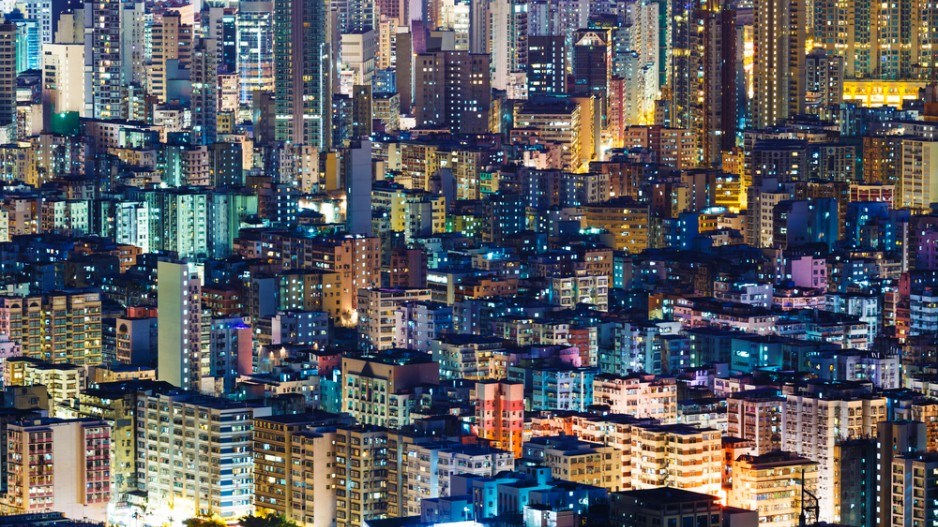The reality of Hong Kong falling under the full rule of Beijing is that Canadian and B.C. businesses that have long used the city as their Asia gateway will face an exceedingly difficult - and rapidly approaching – decision on whether to stay or leave.
That’s the observation of Ai-men Lau of the Macdoanld-Laurier Institute, who said the decision will be especially hard because Hong Kong’s role of being a leading financial hub for the world means many companies have set up deep roots in the former British colony. These roots – ranging from supply chains, banking links to trade contacts and personal relationships – mean that pulling out in the face of Beijing effectively ending the city’s “one country, two systems” framework is full of complications.
“If you really boil things down, it may sound very black-and-white the way I’m going to phrase it,” said Lau, an activist who has joined other observers in petitioning Ottawa to do more to aid the people of Hong Kong as China cracks down on pro-democracy dissidents. “But I recognize the nuances behind the situation.
“The question is, do you value business or do you value ideology? Do you value wanting to keep Hong Kong and safeguard its freedom, or do you value being able to do business in China? My point is not about which side you should value, but rather how fully I understand how tough a decision businesses face because how integral China has become to the global economy, for better or for worse.”
As of 2019, Hong Kong accounted for $190 million of B.C. origin exports – a 0.4% share. But that number does not take into account that the same number of B.C. exports to China ($6.5 billion, or 15%) as well as regions like Southeast Asia ($1.1 billion, or 2.5%) often involves being channelled through a financial hub like Hong Kong, where western businesses have long considered a safe haven due to its rule-of-law system left from the city’s British days.
Hong Kong was also able to keep a special status in most international markets – one that’s different from mainland China’s – due to Beijing’s original 1997 commitment with Great Britain to keep a high degree of autonomy in the city until 2047.
Beijing’s recent national security legislation, which allows Chinese agencies to operate and detain people in Hong Kong and extradite them back into the mainland Chinese legal system, has severely eroded that commitment, leading to countries like the United States considering revoking Hong Kong’s special status that has made it attractive for businesses.
Observers have debated whether such a move would do more damage to China or the West, but Lau said the overall theme is clear.
“There will be economic pain coming out of Hong Kong,” she said, adding that Hong Kong’s status as a global financial hub has already seen declines in 2019 due to city-wide pro-democracy protests that sent the city into a recession in 2019.
“Even before the national security law, Hong Kong’s economic stability was in question, and now there’s COVID-19 and the national security law,” Lau said, adding that while she supports countries like Canada revoking the city’s special status, she doesn’t know any way of mitigating the economic damage that would result.
That, however, does not deter activists’ request for Ottawa and others to step up counter measures against Beijing’s aggressive foreign-policy stance, she noted.
“Hong Kong is one of the largest financial hubs of the world; that alone signals to me that the world should be standing up for Hong Kong,” Lau said. “I think Hong Kong has become integral to our international business community, and we should be asking ourselves some important questions... If Beijing wants Hong Kong to be just another Chinese city, then Canada – and others – should revoke the city’s special status. But that probably means economic pain on everyone’s part.”




